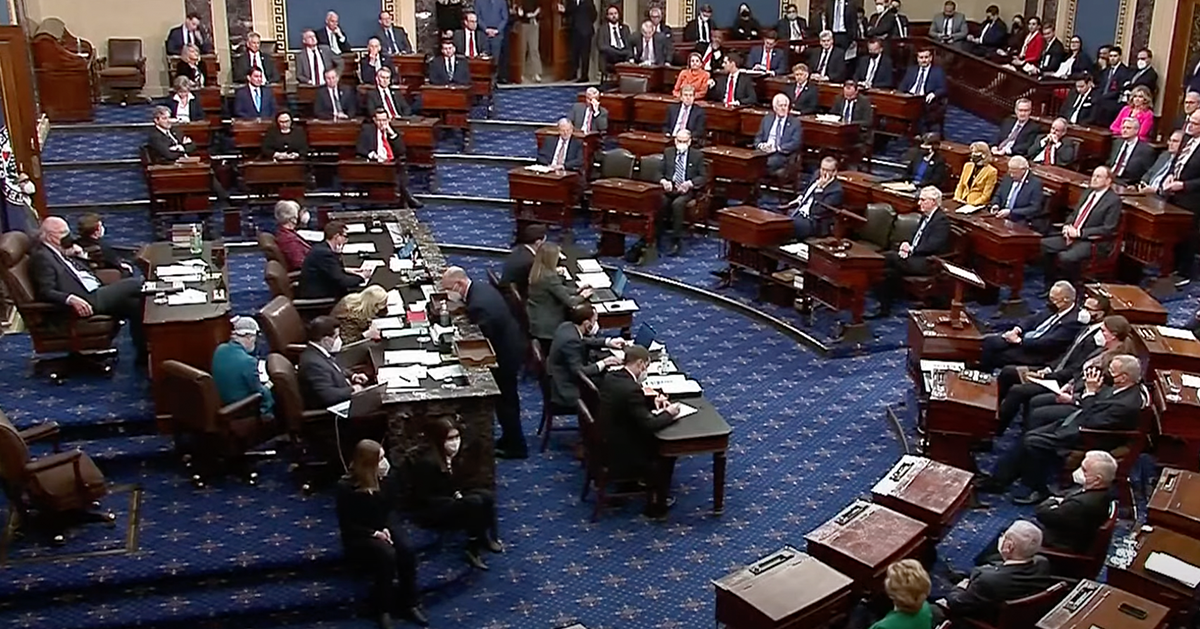Rosie O'Donnell retracts, apologizes for erroneous claims about MN church school shooter
Rosie O'Donnell, the prominent liberal actress and comic, has apologized for inaccurately identifying the perpetrator of a recent tragic incident at a Minneapolis Catholic Church as a supporter of MAGA, a Republican, and a White supremacist, as Fox News reports.Her initial statements alleging political and racial motives in the shooting, which resulted in considerable backlash, were later retracted and followed by a formal mea culpa.
The controversy began last Thursday when O'Donnell disseminated a video response to the shooting at Annunciation Catholic Church, where two children were killed and 18 others were injured. In her video, she emotionally compared the attack to the 1999 Columbine massacre.
Incident stirs nationwide shock
In her initial video, O'Donnell stated the shooter was a "white guy, Republican, MAGA person. White supremacist," comments that she based on assumptions rather than confirmed information. This description spread quickly across social platforms, fueling widespread speculation and commentary.
By Sunday, facing mounting criticism for her premature conclusions, O'Donnell admitted her error. She uploaded a new video where she expressly took back her previous attributions regarding the shooter's political and racial identity.
She explained her mistake by saying she assumed the shooter conformed to what she perceived as a typical profile for such acts, linking them with pro-gun attitudes. Admitting the fault in her assumptions, she expressed her regret for the statements.
O'Donnell's apology meets mixed reactions
O'Donnell's apology video included concessions that she had not properly vetted her initial assertions about the shooter before sharing them.
"I knew a lot of you were very upset about the video I made before I went away for a few days," O'Donnell mentioned, acknowledging the backlash.
"You are right. I did not do my due diligence before I made that emotional statement, and I said things about the shooter that were incorrect," she continued, attempting to address the concerns of those who felt her claims were divisive and unfounded.
Despite her efforts to rectify the situation, responses to her apology were mixed. Some social media users questioned the sincerity of her apology, with one critic noting, "It’s good that you apologized, but this is what is keeping this country so divided," highlighting the broader implications of misinformation.
Details of tragedy emerge
The attack, investigated by the FBI, occurred during a Mass attended by students from the church's attached school and resulted in significant structural damage to the church, including shattered stained-glass and pews.
FBI Director Kash Patel labeled the violence as an act of domestic terrorism driven by a hate-filled ideology.
Patel further detailed that the shooter's writings and manifesto contained deeply antisemitic messages and anti-religious sentiments, categorizing the attack as motivated by ideologies that included phrases such as "Israel must fall" and "Free Palestine."
The violent nature and motivations behind the incident have reignited discussions on the impact of ideological extremism in America, underscoring the necessity for accurate reporting and public discourse concerning such events.
Misinformation's rapid spread
The rapid spread of O'Donnell's initial, false claims provides a potent example of how quickly misinformation can propagate in the digital age, particularly when statements are made by high-profile figures.
The implications are wide-reaching, affecting public opinion and potentially influencing real-world events.
This incident underscores the challenges social media and public figures face in balancing swift response with accurate reporting. It also highlights the critical need for diligence in verifying facts before contributing to the public dialogue on sensitive issues.
In conclusion, the incident at Annunciation Catholic Church remains a devastating tragedy amplified by the quick spread of unchecked facts.
As the community mourns, the discourse around the event evolves, reflecting broader societal frictions regarding misinformation, trust, and the need for responsible communication.





